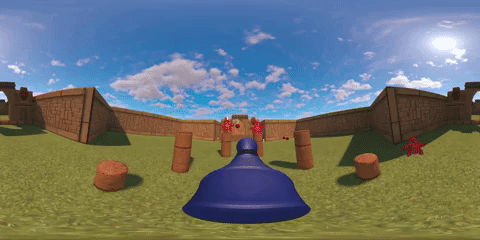New Concept Replaces Opioids with Virtual Reality Therapy
Imagine a future when patients recovering from surgery or an accident walk out of the hospital with a set of VR goggles instead of a painkiller prescription. When President Trump declared the opioid crisis a public health emergency, he stated, “if we get people before they start, they don’t have to go through the problems of what people are going through.”
Easier said than done, but it may be easier to do with virtual reality.
Pain and pain management have been making headlines for all the wrong reasons lately. Mostly due to the opioid epidemic, eveything from widespread overdoses to CEOs being charged with felonies are garnering headlines. Now technology such as AI and Virtual Reality are becoming medical tools to do battle with everything from panic attacks to addiction.

APPLIED VR
Scientists started probing the power of VR to ease suffering more than 20 years ago. VR pioneer Hunter Hoffman, a researcher at the University of Washington in Seattle, launched the first pain studies in the early 2000s, using an 8-pound helmet hooked up to a computer the size of a small refrigerator.
But through innovation, the cost of the VR and size of helmets and computers have both come down considerably.
“Acute pain is a perfect match for VR,” said Hoffman. “You only need it for 20 minutes and it has drastic effects.” Most people don’t follow their doctor’s orders to meditate as part of their recovery from chronic pain, according to Hoffman. However, he says people will accept turning to VR if they are meditating with ancient monks on a stunning mountaintop, as provided in a VR application.
It is truly a case of mind over matter—or in this case, over pain.







Leave A Comment